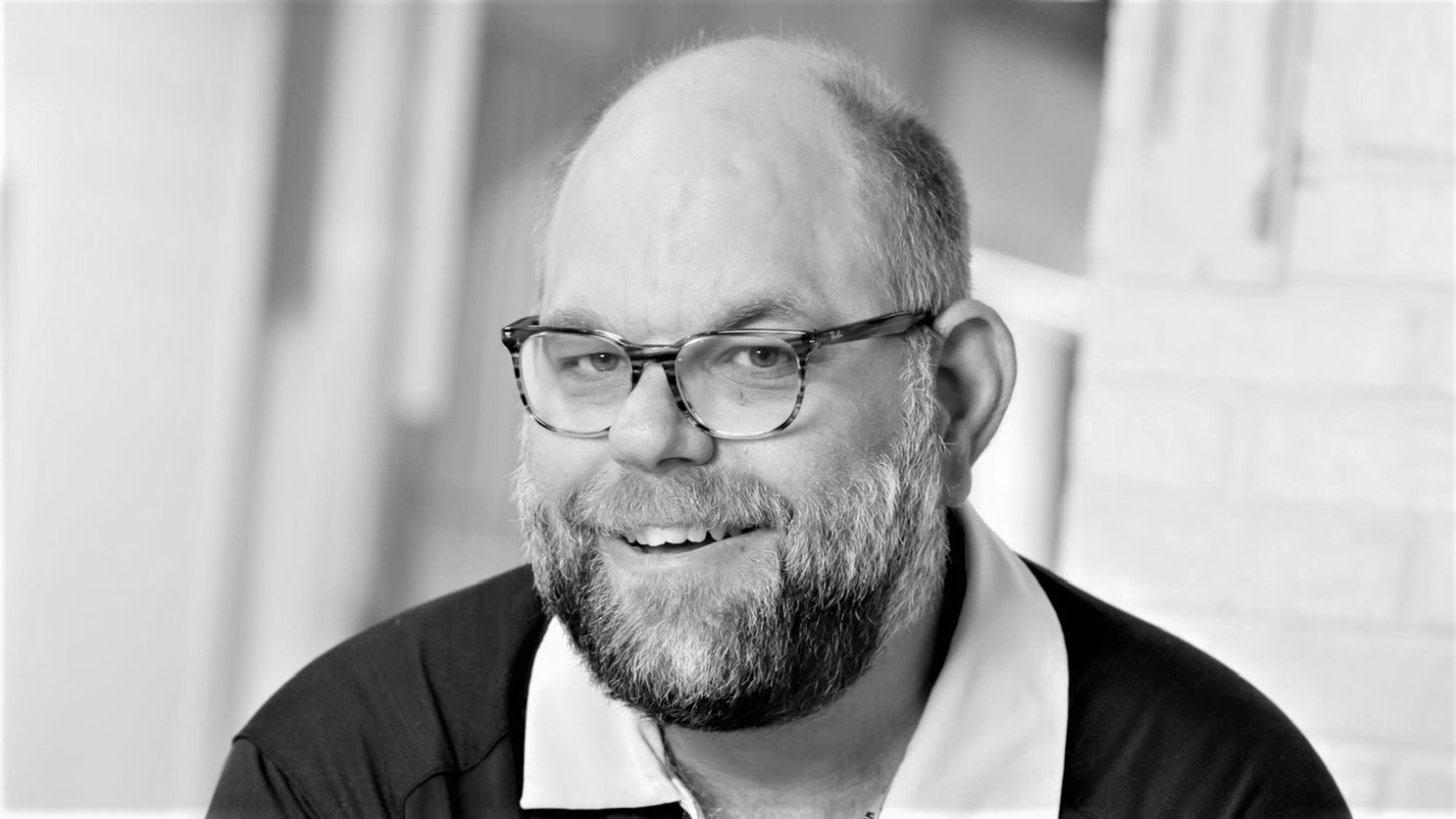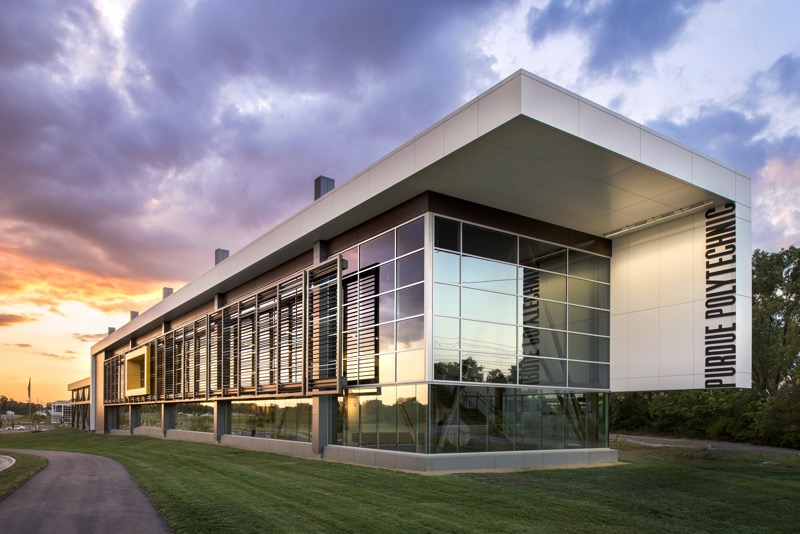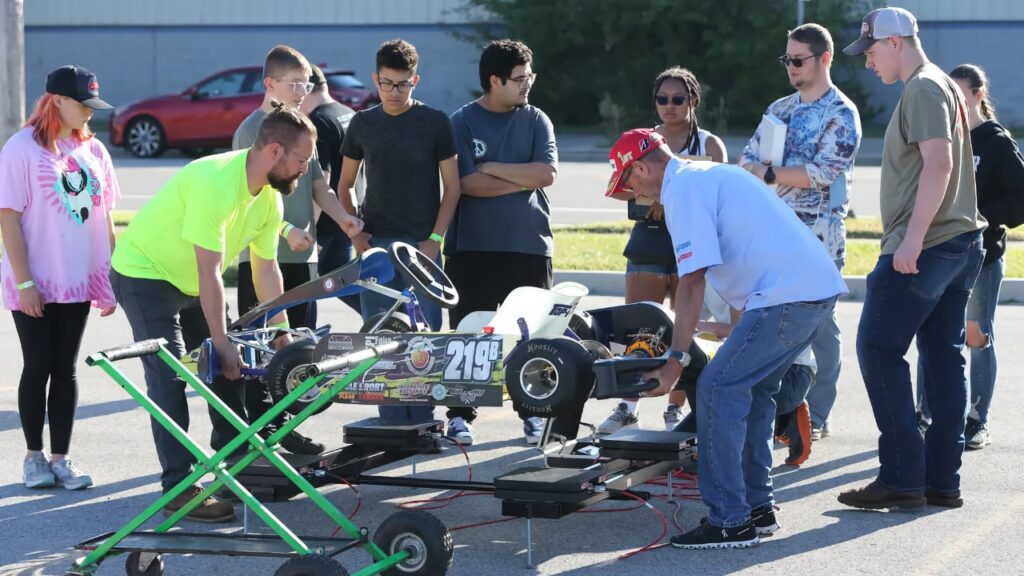Corey Sharp, Purdue Polytechnic Statewide Partnerships
Purdue’s Giant Leaps aren’t restricted to West Lafayette; sites across the state of Indiana are critical.

For more than a decade, Corey Sharp‘s work has expanded Purdue University’s academic reach and contributed to making higher education accessible to students – crucially advancing the land-grant mission. As director of Purdue Polytechnic Statewide Partnerships, he manages and oversees three of Purdue University’s satellite locations. For those unaware, Purdue’s Giant Leaps aren’t restricted to West Lafayette; sites across the state of Indiana are critical as they provide a Purdue education to students beyond Tippecanoe County. Some of these students are place-bound young adults, fresh out of high school, working full-time, and needed close to home by their family.

The work done by Purdue Polytechnic’s nine statewide locations isn’t limited to the university level. Collaboration between Purdue Polytechnic Statewide and the school of Mechanical Engineering (West Lafayette) has helped facilitate outreach at the high school level. Together, they bring Purdue Motorsports to high schools with evGrand Prix programming, where teams can create, test, improve, and race go-karts.

Purdue’s satellite locations serve as local conduits; they allow for direct connections within the community and facilitate a flow of resources and support. Community involvement is an inherent component in satellite locations. For example, in Anderson, students studying engineering and supply chain technology helped establish a local food pantry – automating it, volunteering, and developing supportive tech.
Students at Purdue Polytechnic Anderson partner with Second Harvest, east central Indiana’s food bank, to test new solutions for growing fresh produce year-round in a warehouse.
Outreach work is nothing if it is not supplemented with engagement, which is something Sharp is familiar with. He states engagement is necessary to adequately serve students and community stakeholders.
Sharp says “I never ask students ‘What do you wanna do when you grow up?’ I ask them ‘What kind of problems do you want to solve and where?’”
He says this rephrasing is essential, as it leads to concrete answers and even solutions to problems Indiana residents are facing. An answer to the question with the word “electrical” could lead a student to working with EV batteries and sustainable energy alternatives. The answer “mechanical issues” could lead a student to work in the advancement of prosthetic limbs.
Once a student answers the question, the next question must be “Are you willing to accept the challenge?” Across the state, Purdue Polytechnic Statewide sites are ready to help students and their communities say yes.
Source: Office of Engagement service-learning intern Kamilah Valentin-Diaz.